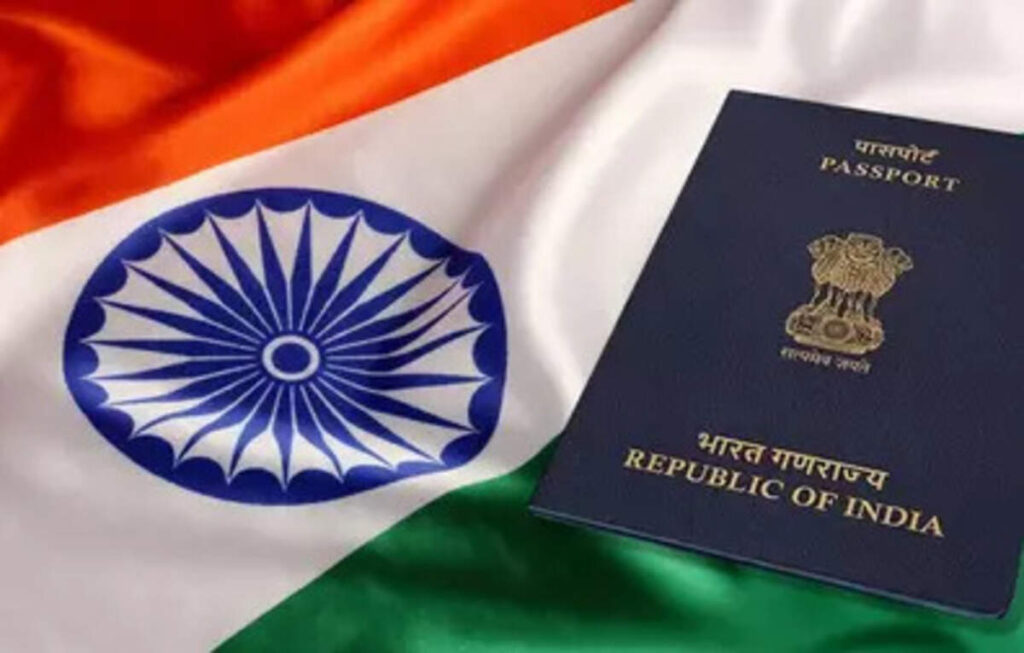In a groundbreaking move aimed at revolutionizing international travel and identity security, India has officially launched the first phase of its e-passport initiative in 13 cities. This high-tech innovation marks a significant advancement in the Passport Seva Programme (PSP) Version 2.0, combining the reliability of traditional paper passports with the security features of cutting-edge electronic technology.
The Ministry of External Affairs (MEA), which oversees passport services in India, confirmed that this rollout follows a successful pilot phase initiated in April 2024. The first phase includes the cities of Nagpur, Bhubaneswar, Jammu, Goa, Shimla, Raipur, Amritsar, Jaipur, Chennai, Hyderabad, Surat, Ranchi, and Delhi. Notably, Tamil Nadu became an early adopter, beginning e-passport issuance at the Chennai Regional Passport Office as early as March 3, 2025. In just under three weeks, over 20,000 e-passports were issued in the state.
The new e-passports are easily distinguishable from traditional ones, featuring a gold-colored international e-passport symbol on the cover. Inside, they contain an embedded Radio Frequency Identification (RFID) chip and an antenna that stores biometric and personal data securely. This technology is reinforced with Public Key Infrastructure (PKI), which safeguards the authenticity and integrity of stored information.
According to the MEA, one of the key advantages of these digital passports is their robust protection against forgery and identity theft—long-standing challenges in border surveillance and international security. The embedded chip makes it extremely difficult to tamper with or duplicate the passport, significantly increasing traveler safety.
Despite this technological leap, the MEA clarified that adopting e-passports is not mandatory. All existing paper passports will remain valid until their natural expiration date. This ensures a smooth and voluntary transition for the public, while simultaneously preparing the infrastructure to support full-scale national implementation by mid-2025.
The introduction of e-passports is not just a step forward for Indian travelers, but also a signal of the nation’s growing emphasis on secure digital governance and technological advancement in public services.


